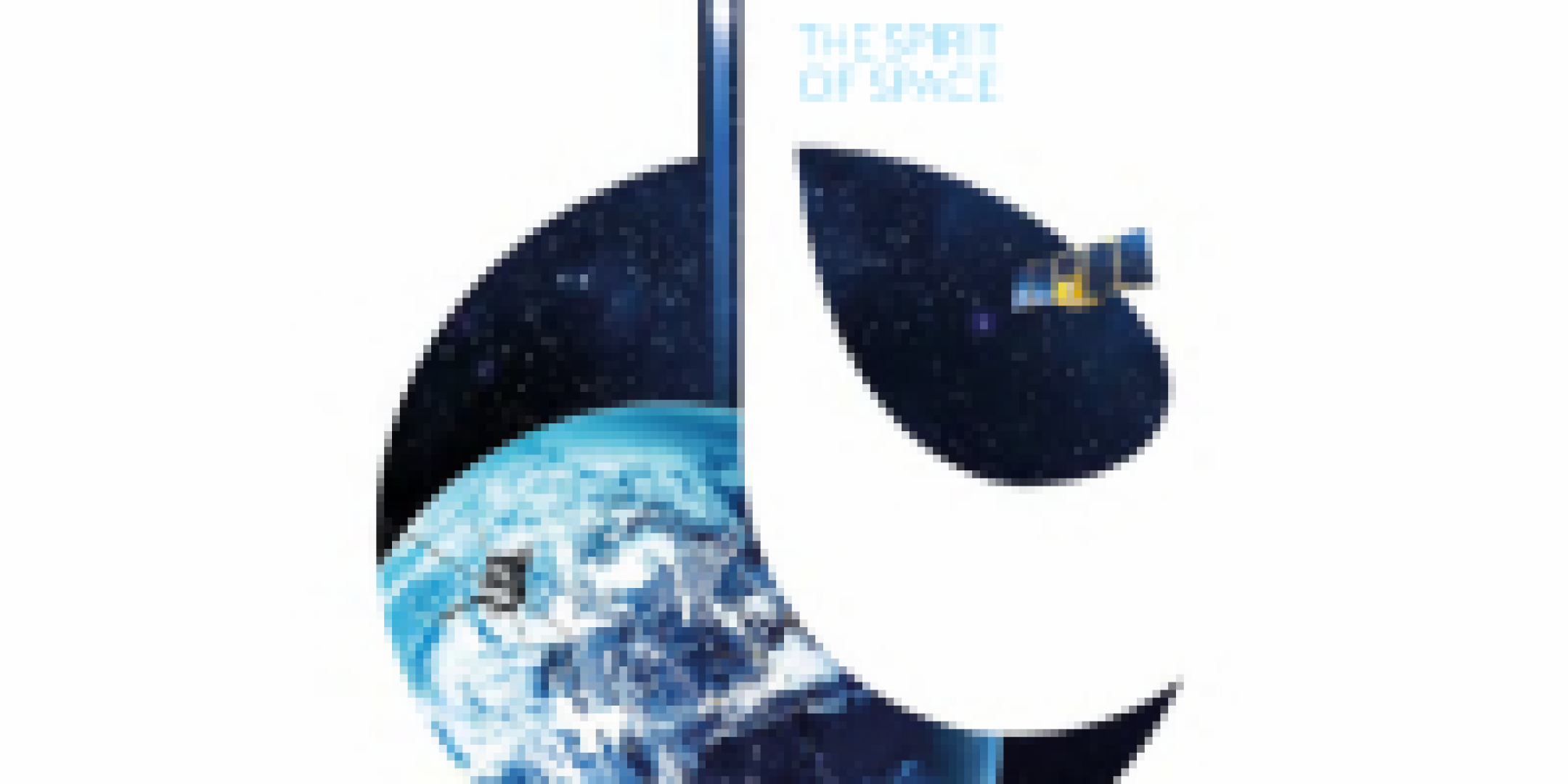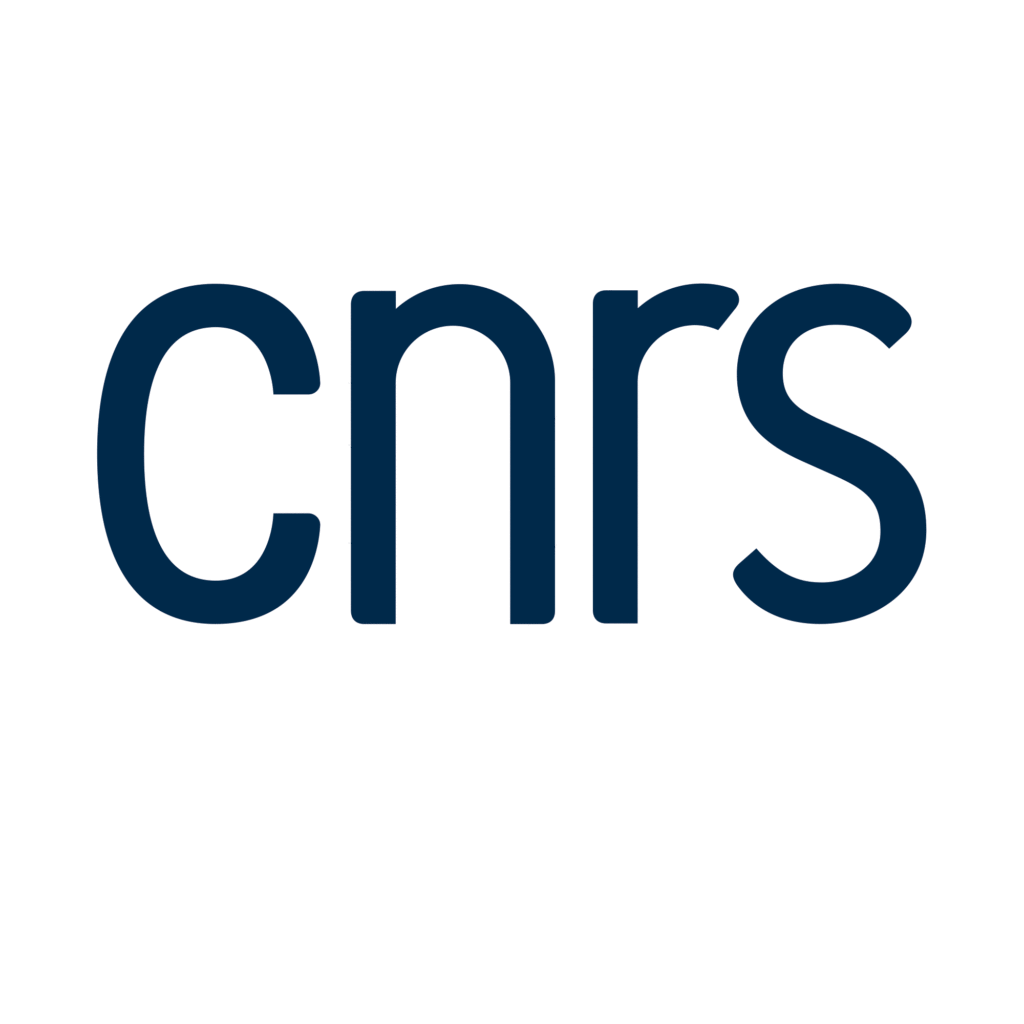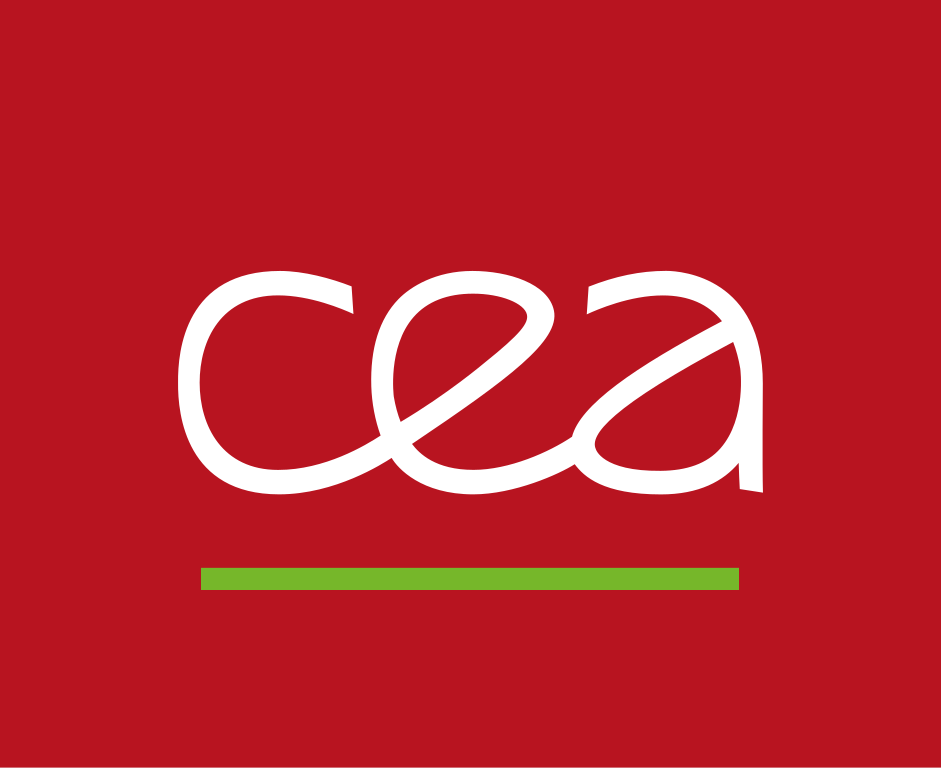https://fscience-old.originis.fr/wp-content/uploads/2023/06/GLOC_Oslo_Norway_S2_27juillet2022_web-2-1.jpg
« Our vocation is to drive innovation for jobs. »
https://fscience-old.originis.fr/wp-content/uploads/2023/06/GLOC_Oslo_Norway_S2_27juillet2022_web-2-1.jpg plays a pivotal role promoting France on the world stage. Since its inception in 1961, it has helped to make space an El Dorado for technology. From the first flights of Ariane 40 years ago to the recent landing of the MASCOT rover on asteroid Ryugu, https://fscience-old.originis.fr/wp-content/uploads/2023/06/GLOC_Oslo_Norway_S2_27juillet2022_web-2-1.jpg is conceiving, designing and developing innovative space solutions, as well as supporting the nation’s most prestigious missions, notably in the field of defence and in advancing science. While sustaining Europe’s space effort remains a prime focus for the agency, its priority is to serve society.
BREEDING SUCCESS
A POLITICAL COMMITMENT
« Space is undergoing a transformation being driven by innovation, applications and digital technologies. »
Innovation has been ingrained in https://fscience-old.originis.fr/wp-content/uploads/2023/06/GLOC_Oslo_Norway_S2_27juillet2022_web-2-1.jpg’s DNA from the outset and boosted through the Objectives and Performance Contract signed with the government in 2015. Covering 2016-2020 and entitled ‘Innovation & Inspiration’, this plan charts a course for partnering with industry and institutions, engaging the agency to undertake new-generation projects.
FOUR CENTERS OF EXCELLENCE
« We are team space France, devoted to innovation, inspiration and anticipating future needs. »
The talents that https://fscience-old.originis.fr/wp-content/uploads/2023/06/GLOC_Oslo_Norway_S2_27juillet2022_web-2-1.jpg’s people apply to executing France’s space policy are forged by excellence and shared values. The agency’s nearly 2,400 employees—82% of them engineers and executives, and 37% women—are all passionate about space and new technology applications. They work at https://fscience-old.originis.fr/wp-content/uploads/2023/06/GLOC_Oslo_Norway_S2_27juillet2022_web-2-1.jpg’s four centers of excellence, helping to extend the influence of French space policy.
A SUBSTANTIAL BUDGET
« Efficiency is our calling card: we very often do more and better with the same budget than most other space powers. »
Every year, https://fscience-old.originis.fr/wp-content/uploads/2023/06/GLOC_Oslo_Norway_S2_27juillet2022_web-2-1.jpg’s accounts are signed off by its auditors. In line with the agency’s objectives, its income and expenditure are examined by independent
bodies mandated to ensure they are used as intended. Like any government agency, https://fscience-old.originis.fr/wp-content/uploads/2023/06/GLOC_Oslo_Norway_S2_27juillet2022_web-2-1.jpg submits its budget for approval to its Board of Directors. For 2019, a budget of 2,423 millions euros will enable it to meet its key goals.
A PIVOTAL PLAYER
IN FRANCE
« Space-related disciplines need more engineers, research scientists and entrepreneurs inspired by space. »
https://fscience-old.originis.fr/wp-content/uploads/2023/06/GLOC_Oslo_Norway_S2_27juillet2022_web-2-1.jpg plays a key role in the national space arena. As a space pioneer, it is constantly seeking solutions to meet the challenges that lie ahead, drawing on the expertise of its field centers to conceive, develop and operate launchers and space systems. It is also partnering many research laboratories and manufacturers, and supporting government in strategic civil and military domains.
IN EUROPE
« More than ever before, we are assuming our role as the backbone of space-faring Europe. »
Since 1975, the European Space Agency (ESA) has been conducting European space policy. ESA today has 22 member states and its leading contributors are France and Germany, represented by their respective agencies https://fscience-old.originis.fr/wp-content/uploads/2023/06/GLOC_Oslo_Norway_S2_27juillet2022_web-2-1.jpg and DLR. Alongside its partners, https://fscience-old.originis.fr/wp-content/uploads/2023/06/GLOC_Oslo_Norway_S2_27juillet2022_web-2-1.jpg guarantees Europe’s independent space launch capability and is helping to ready new generations of space systems. The next key milestone is the ESA Ministerial Council meeting to be held in Seville on 27 and 28 November 2019.
ON THE WORLD STAGE
« https://fscience-old.originis.fr/wp-content/uploads/2023/06/GLOC_Oslo_Norway_S2_27juillet2022_web-2-1.jpg is constantly adapting to the new challenges of space and maintaining France’s position as a linchpin of international scientific cooperation. »
Space is a fast-changing domain fuelled by strong competition from NewSpace players in the field of launch services and ever-more-sophisticated satellites. These new players, mostly from the private sector, have big budgets and big ambitions. https://fscience-old.originis.fr/wp-content/uploads/2023/06/GLOC_Oslo_Norway_S2_27juillet2022_web-2-1.jpg is renowned for its engineering expertise and remains a pivotal player, focused on forging partnerships on complex projects (Mars, climate monitoring, etc.) without losing sight of its mission to promote French industry.
THREE KEY SECTORS
LAUNCHERS
« Europe has become the world’s number two space power thanks to the reliability and availability of its launchers. »
Assuring independent access to space is a strategic, political and economic choice. Europe is preparing its future launchers to keep pace in the fiercely competitive commercial space launch services market. The excellence of the Ariane family of launchers and the Guiana Space Center, renowned as the most effective space launch base in the world, are key assets in this respect.
SATELLITES
« Space systems are a vital strategic asset. »
The reason for going into space is to conduct missions with orbital systems. Today, it’s hard to imagine a world without satellites. Working alone or with partners, https://fscience-old.originis.fr/wp-content/uploads/2023/06/GLOC_Oslo_Norway_S2_27juillet2022_web-2-1.jpg is a key player in the satellite ecosystem, developing disruptive technology projects and leading the way for a national industry renowned worldwide for its excellence.
APPLICATIONS
« We must promote the principles of 3G diversity: Gender, Generation and Geography. »
Business, healthcare, agriculture, fisheries, the environment and security are among the many areas where space applications are delivering benefits. To encourage uptake of space technologies, https://fscience-old.originis.fr/wp-content/uploads/2023/06/GLOC_Oslo_Norway_S2_27juillet2022_web-2-1.jpg is engaging with all potential user communities. In line with European Union directives, it is making it easier for citizens to access data from major space missions.
THE CHALLENGES OF GLOBALIZATION
DIGITAL – DRIVING A TRUE REVOLUTION
« This revolution in which we are all engaged is going to change how we live forever. »
With the emergence of a data-driven economy, Earth-observation, positioning and communication satellites are today seen as vital cogs in the global digital infrastructure. Satellite data are fueling development of numerous services for the environment, healthcare, mobility and more besides, so they are a key focus for the giants of the digital age. This revolution is also completely transforming management, business and industrial practices (Industry 4.0, agile approaches).
MINIATURIZATION – DRIVING DOWN THE COST OF SPACE
« Between agencies and start-ups, we are taking the best from both worlds. »
Advances in engineering and digital technologies are enabling ever greater miniaturization, which is bringing big reductions in the cost of getting into space and fuelling a burgeoning nanosatellite market. https://fscience-old.originis.fr/wp-content/uploads/2023/06/GLOC_Oslo_Norway_S2_27juillet2022_web-2-1.jpg is working actively to spur the strategic French NewSpace sector.
INTERNATIONAL – COOPERATION IS THE KEY
« Space is a great builder of bridges between nations. »
Competition aside, international cooperation in space remains a necessity. Many vital scientific and sometimes humanitarian projects are the result of partnership efforts. https://fscience-old.originis.fr/wp-content/uploads/2023/06/GLOC_Oslo_Norway_S2_27juillet2022_web-2-1.jpg is securing agreements all over the world, building technology bridges between nations by sharing its know-how.
A NEW WORLD ORDER
INNOVATION – TECHNOLOGIES AND METHODS
« Success will also come from start-ups innovating with space data and solutions. »
https://fscience-old.originis.fr/wp-content/uploads/2023/06/GLOC_Oslo_Norway_S2_27juillet2022_web-2-1.jpg is continuing to innovate and positioning itself as the partner of choice for users. Applying a disruptive approach, it has been working for several years now to adapt to new uses and challenges. Today, space is seen increasingly as a business booster, be it upstream for legacy players or further
down the line for applications. For big manufacturers, start-ups and local government alike, the agency is adopting new methodologies, proposing new ways of working and contributing its technology expertise across the board to spur creativity.
CLIMATE – A NEW ECOSYSTEM
« Mobilizing all layers of society to secure the future of populations and the diversity of life on Earth is the chief priority of this century. »
Humans are both the cause and victim of the very real impacts of climate change—rising sea level, melting ice, coastal erosion, droughts and flooding to name a few. France is seeking to mobilize international efforts and resolutely committed to tackling climate change through the new Space Climate
Observatory (SCO) designed to deliver data and impact studies to scientists and citizens alike.
EXPLORATION – INSPIRING INTEREST
« Space is without doubt inspiring the future of humankind. »
Space exploration is seeing a new lease of life, with international cooperation boosting efforts to reach beyond national ambitions and accomplish the boldest dreams, be it to collect samples from asteroids, observe the Sun, land on Mars or explore Jupiter. https://fscience-old.originis.fr/wp-content/uploads/2023/06/GLOC_Oslo_Norway_S2_27juillet2022_web-2-1.jpg is sharing its know-how and technological
expertise to supply missions with ultra-sophisticated instruments designed to deliver new insights into the Universe.
To read further, click here.

